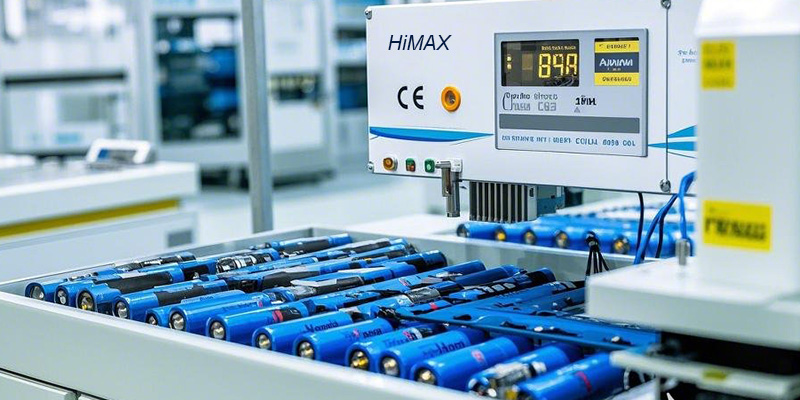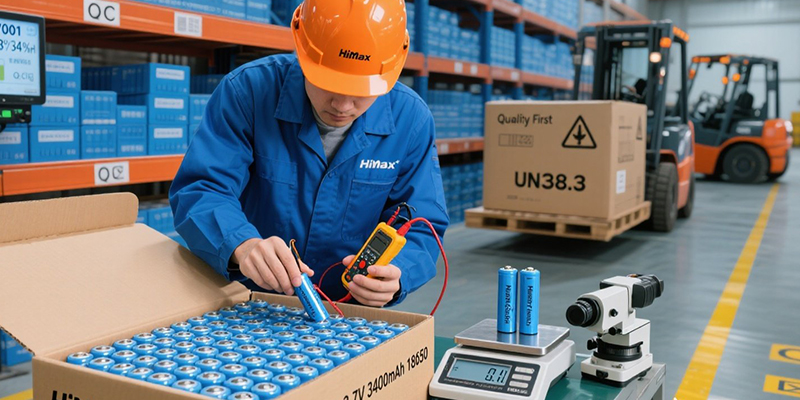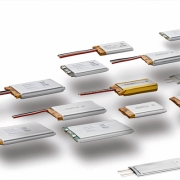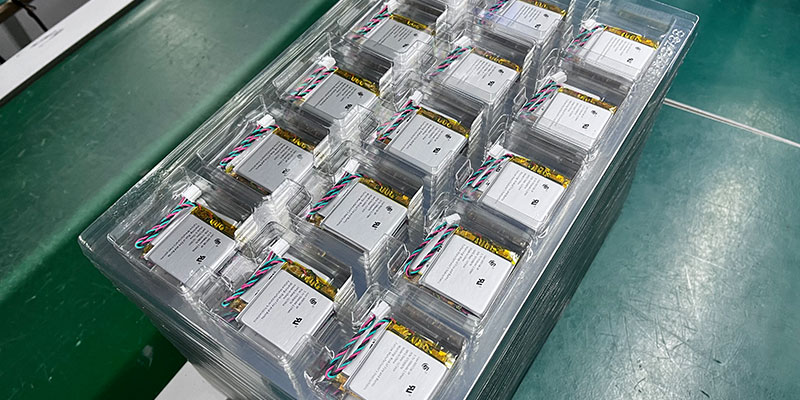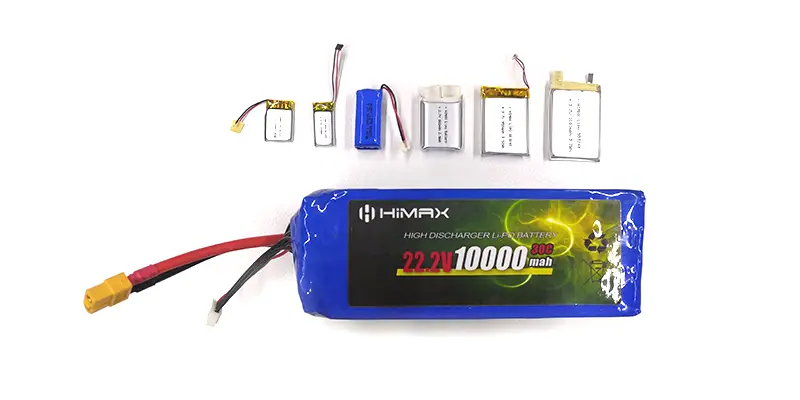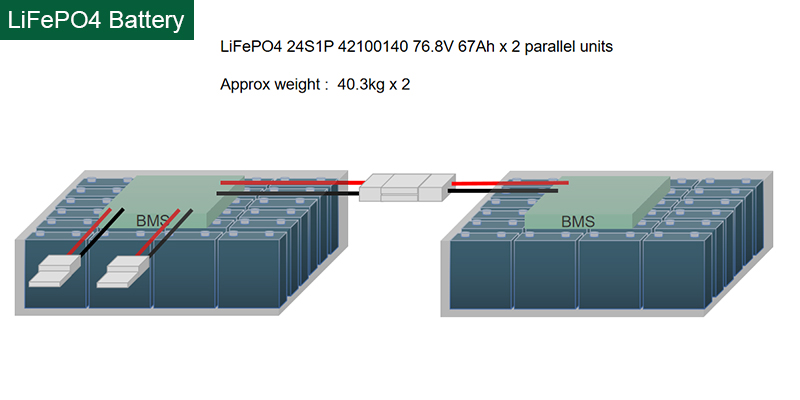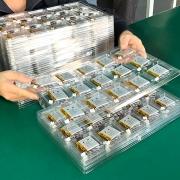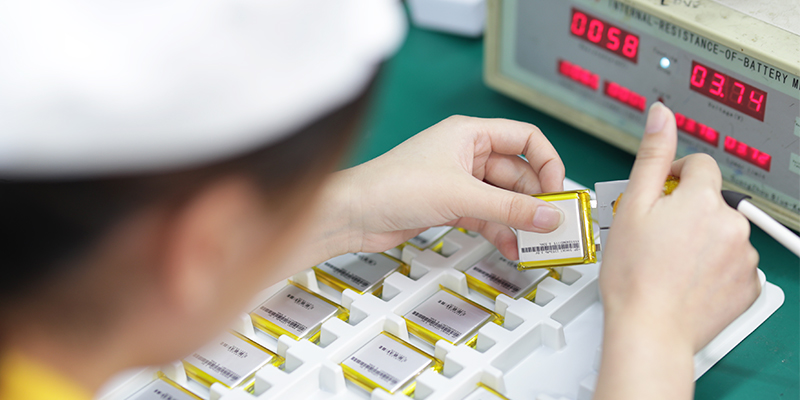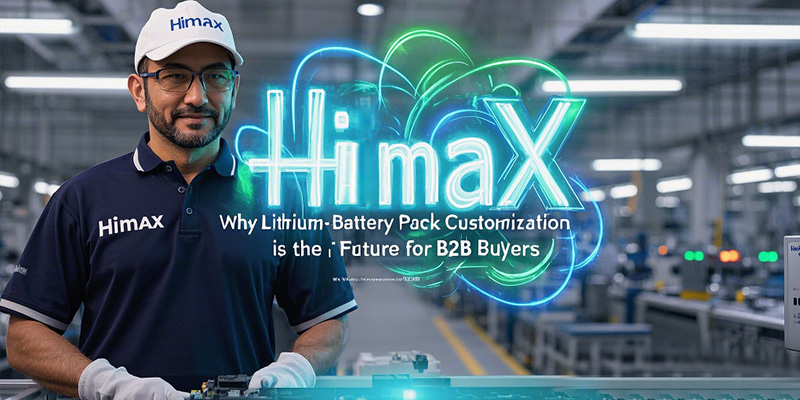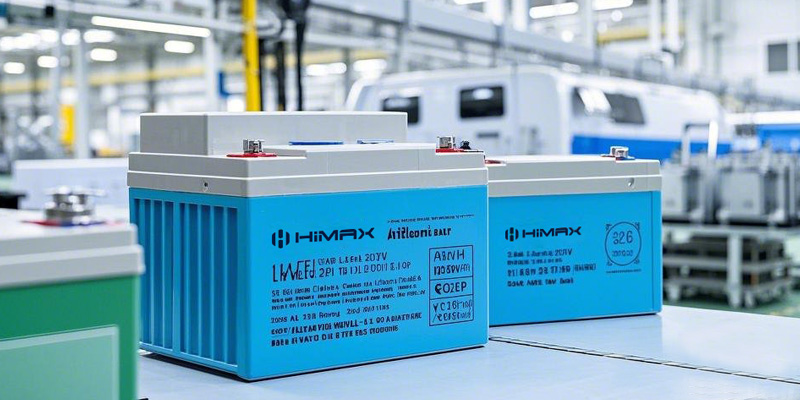Decoding LiPo Batteries: A Comprehensive Guide for Bulk Buyers Introduction
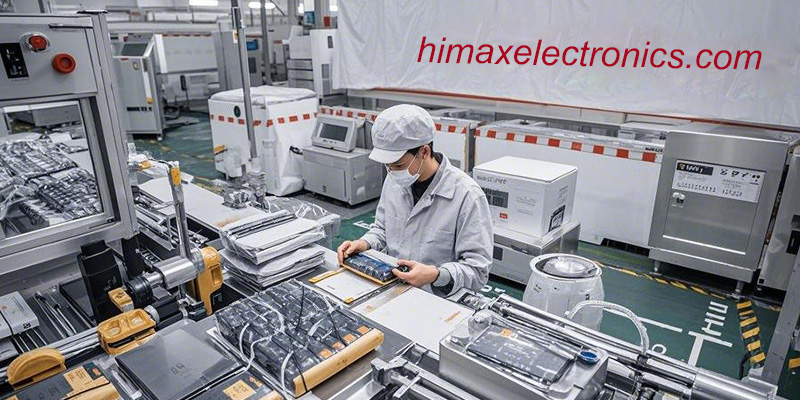
Overview of LiPo Batteries
What is a LiPo Battery?
A Li-polymer battery is a type of rechargeable lithium-ion battery that uses a polymer electrolyte instead of a liquid one. This design enhances flexibility, safety, and energy efficiency compared to traditional lithium-ion batteries.
Key Components of a LiPo Battery
-
Electrodes – The anode and cathode store and release energy.
-
Electrolyte – A polymer-based medium that allows ion flow.
-
Packaging Material – A flexible outer layer that provides protection and shape adaptability.
Core Features of LiPo Batteries
-
High Energy Density – Stores more power in a compact space.
-
Lightweight Design – Essential for portable and aerial applications.
-
Flexible Shape – Can be customized for various form factors.
-
Multiple Configurations – Available in different voltages and capacities.
Key Performance Indicators of LiPo Batteries
Voltage (V)
LiPo batteries have a nominal voltage of 3.7V per cell. Multiple cells can be connected in series to achieve higher voltages, such as 7.4V (2S), 11.1V (3S), 14.8V (4S), etc. The choice of voltage depends on the power requirements of the application.
Capacity (mAh)
The capacity of a LiPo battery, measured in milliamp-hours (mAh), determines how much energy it can store. Higher capacity batteries provide longer operating times. Buyers should select the appropriate capacity based on their device’s energy consumption.
Discharge Rate (C-Rate)
The C-rate indicates how quickly a LiPo battery can release energy. A higher C-rate is essential for power-hungry applications like drones and RC cars, where rapid bursts of power are required.
Charging and Cycle Life
The number of charge cycles a LiPo battery can endure before degrading is an important factor. Proper charging practices, including using balance chargers and avoiding overcharging, can extend battery life.
Safety Considerations
LiPo batteries require built-in safety mechanisms to prevent overcharging, over-discharging, and short circuits. Buyers should look for batteries with protective circuitry and high-quality materials.
Factors to Consider When Buying LiPo Batteries in Bulk
Supply Chain Stability
A reliable manufacturer ensures consistent quality and timely deliveries. Buyers should assess suppliers based on production capabilities, delivery timelines, and quality control processes.
Quality and Certifications
LiPo batteries must meet international safety and performance standards. Essential certifications include:
-
UL (Underwriters Laboratories)
-
CE (Conformité Européenne)
-
RoHS (Restriction of Hazardous Substances)
-
UN38.3 (Transportation Safety Compliance)
Customization Requirements
Depending on the application, buyers may need specific dimensions, voltage ratings, or connector types. Some manufacturers offer customization services to meet these needs.
Cost and Pricing Factors
While cost-effectiveness is important, buyers should balance price with quality. Low-cost batteries with poor quality can lead to safety risks and shorter lifespans.
Environmental and Regulatory Compliance
Different countries have regulations on battery disposal, recycling, and transportation. Buyers should ensure compliance with local laws to avoid legal issues.
Applications of LiPo Batteries in Different Industries
Drones and RC Models
LiPo batteries provide high discharge rates and lightweight power solutions, making them ideal for drones, radio-controlled (RC) cars, and aircraft.
Consumer Electronics
Smartphones, tablets, smartwatches, and wireless earbuds use LiPo batteries for their slim design and long battery life.
Power Tools
Cordless drills, saws, and other power tools benefit from high-capacity LiPo batteries that deliver reliable power.
Medical Equipment
Portable medical devices such as defibrillators and patient monitoring systems require safe and long-lasting LiPo batteries.
Robotics and Industrial Automation
LiPo batteries enable industrial robots and automation systems to operate efficiently with minimal downtime.
HIMAX Electronics: Your Trusted LiPo Battery Supplier
About HIMAX Electronics
HIMAX Electronics is a leading manufacturer of high-performance Li-Polymer Batteries. With a focus on innovation and quality, we provide power solutions for various industries worldwide.
Why Choose HIMAX LiPo Batteries?
-
Superior Safety – Our batteries comply with international safety certifications.
-
High Performance – We offer customizable voltage, capacity, and discharge rates.
-
Flexible Customization – Tailored solutions for unique industrial needs.
-
Reliable Supply Chain – Consistent product availability and on-time delivery.
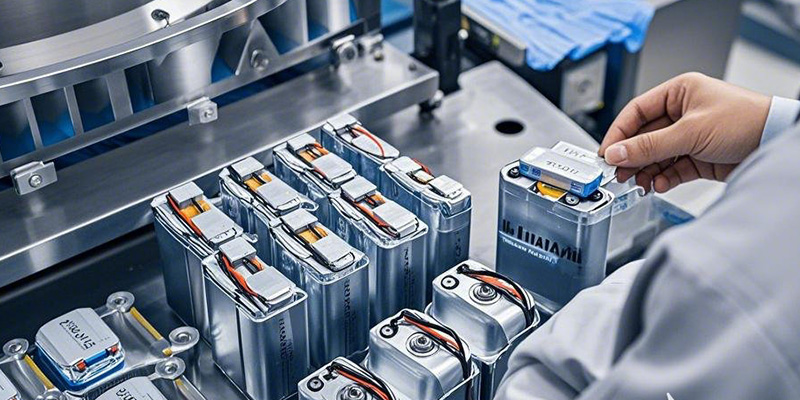
Conclusion
LiPo batteries play a crucial role in modern electronics, offering high energy density, lightweight design, and flexible configurations. For bulk buyers, understanding key performance indicators, supplier reliability, and industry applications is essential.
HIMAX Electronics provides premium Li-Polymer Battery solutions tailored to diverse industry needs. Contact us today for expert advice and customized battery solutions.

